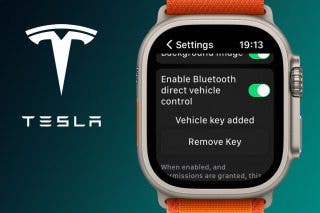7 Ways to Live Longer Using Your iPhone
Exercise, de-stress & stay safe with seven of the iPhone's built-in health features.


Your iPhone can help with far more than communication and entertainment. We all know the downsides of too much screen time, and to help, Apple’s health and wellness updates have focused on helping you build better habits and track your mental, emotional, and physical health. Let’s cover some simple ways to track your fitness and nutrition goals, monitor health symptoms, get better sleep, reduce stress, and make use of your iPhone’s emergency features.
1. Add Crucial Medical Information to Your iPhone’s Lock Screen
If you have a medical issue such as a cardiac condition, severe allergy, or problem that may leave you unable to communicate with medics and other first responders, it’s important to have a simple method to convey your situation so you can receive appropriate help. While a medical alert bracelet or a medical ID card in your wallet may help in an emergency, your iPhone is another tool to ensure you receive the care you need. To set up your Medical ID, open the Health app, tap your profile icon, tap Medical ID, and tap Edit. Now you can add any medical conditions, notes, and allergies. Scroll down, tap the toggle to show your Medical ID on your Lock Screen, and tap Done to save. First responders can then view this information by tapping the Emergency button on your Lock Screen. You can also add your medical records to the Health app and add any relevant information to your Medical ID!

2. Add Emergency Contacts for Automatic Notification
There’s no denying that the Emergency SOS on your iPhone Lock Screen is a life-saving feature. Many don’t realize that if you add emergency contacts, the service calls the emergency service departments and alerts your emergency contacts simultaneously. Those saved contacts will receive a message with your current location, warning them that you have called emergency services. Apple makes it incredibly easy to add these contacts. Just open the Health app, tap your profile icon, tap medical ID, and tap Edit. Now you can scroll down and tap Add Emergency Contact and select people from your Contacts list. Tap Done to save your new emergency contact. For more iPhone health and safety advice, be sure to sign up for our free Tip of the Day newsletter!

3. Set Up Wind Down Shortcuts & Sleep Reminders for Better Sleep
Not getting enough sleep can compromise your health and safety in ways ranging from increased risk of heart disease to car accidents. Wind Down shortcuts and Sleep Reminders can help you get the consistent, quality sleep you need each night. Wind Down shortcuts allow you to quickly access the apps you might use as you wind down before bed each night, such as a calming playlist, guided meditation, or podcast. Those shortcuts will appear on your Lock Screen at a set time before your bedtime goal each night, so you don’t have to open your phone and scroll past potentially distracting apps and notifications to find them. To enable Wind Down shortcuts, open the Health app, tap Browse, select Sleep, and tap Sleep Schedule to set the time you’d like to go to bed each night. Then tap Wind Down Shortcuts to add shortcuts to your preferred apps. Select Options and tap to enable the Sleep Reminders toggle to notify you when Wind Down is about to begin for that day.

4. Track Your Workouts & Activity to Crush your Fitness Goals
Did you know regular movement greatly decreases the chance of premature death? If you have a daily step count goal, or distance you’d like to swim or cycle, you can track your daily activity in your Health app. When you carry your iPhone, it will log the distance you’ve covered, and if you log workouts on a paired Apple Watch, you can log dozens of different types of movement. You can view all your activity in the Fitness app, or in the Health app by tapping Browse, then Activity to view all your tracked activity data. You can also scroll down and tap an activity category to add specific workout data, such as a specific cardio or strength workout.

5. Track Your Blood Pressure, Walking Steadiness & Nutrition
If you have a specific area of health you’re interested in tracking, you can likely do so in your Health app. When you open the Health app and tap Browse, you’ll see various Health categories, such as Heart, Mindfulness, Nutrition, and Symptoms. Tap a category to start tracking or setting specific health goals. For example, you can use the Symptoms category to help you track recurring issues to show a health professional, such as chest tightness, headaches, or nausea. In the end, the specific areas you’d like to track will relate to your current health goals and concerns. You can also manually add data to your Health app if needed.

6. Reduce Stress by Enabling Focus Modes
Do your news notifications or incoming messages give you regular cortisol spikes? Your iPhone’s generic Do Not Disturb mode has been rolled into a more customizable Focus mode feature. With Focus modes, you can pause notifications from specific apps or contacts for a period of time to help avoid distractions. You can set these Focus modes manually or have them activate while you’re at a specific location or during a particular time of day. Many people have created Focus modes to reduce notifications while driving, exercising, or spending quality time with family and friends. To create a Focus mode, open the Settings app, tap Focus, and tap the plus icon to create a new Focus category.

7. Increase Productivity by Setting Time Limits for Addictive Apps!
Setting daily screen time limits for apps you often mindlessly scroll through can increase your productivity and reduce stress. I used to go through cycles of deleting social media apps on my iPhone to make them less readily accessible, only to find myself re-downloading them a week later (like a strict diet I couldn’t stick to). With screen time limits, you can set a daily time limit, and after you’ve spent the allotted amount of time on that app, your iPhone will lock you out until the next day. To set time limits for an app, open Settings, tap Screen Time, tap App Limits, and tap Add Limits. Then, select an app and the amount of time you’d like to set as a daily limit.
Top image credit: JabaWeba / Shutterstock.com

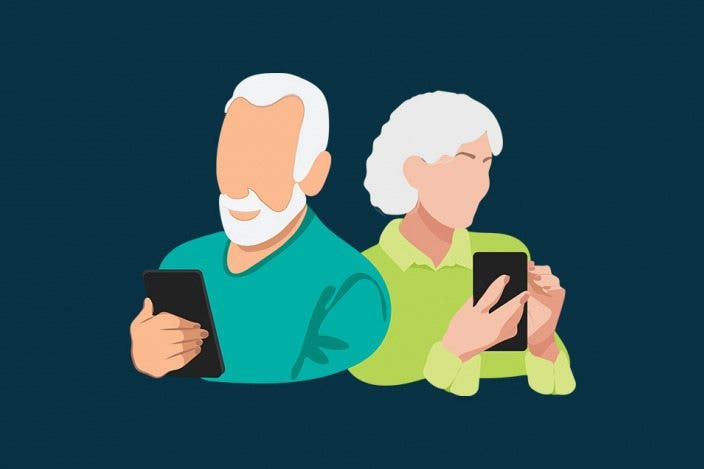


 Leanne Hays
Leanne Hays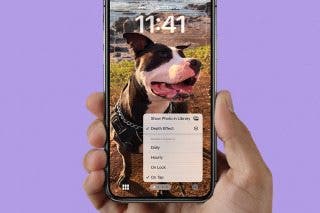
 Olena Kagui
Olena Kagui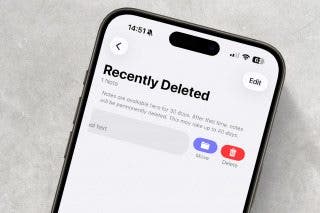
 Rhett Intriago
Rhett Intriago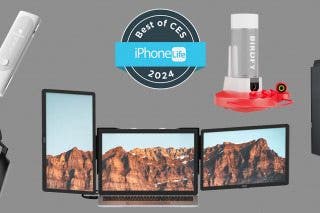
 Amy Spitzfaden Both
Amy Spitzfaden Both
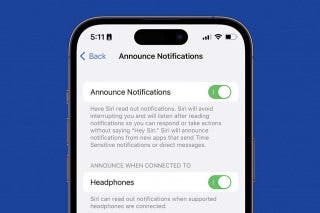

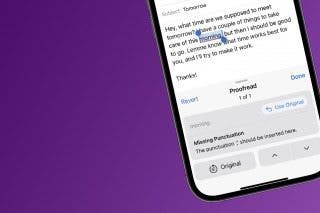

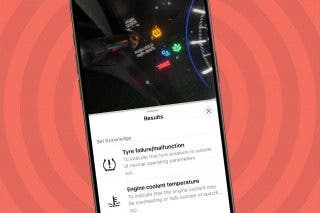
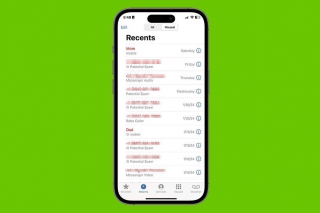
 Rachel Needell
Rachel Needell
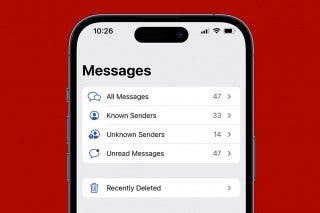
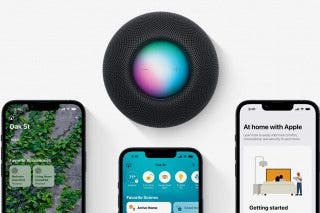

 Donna Schill
Donna Schill